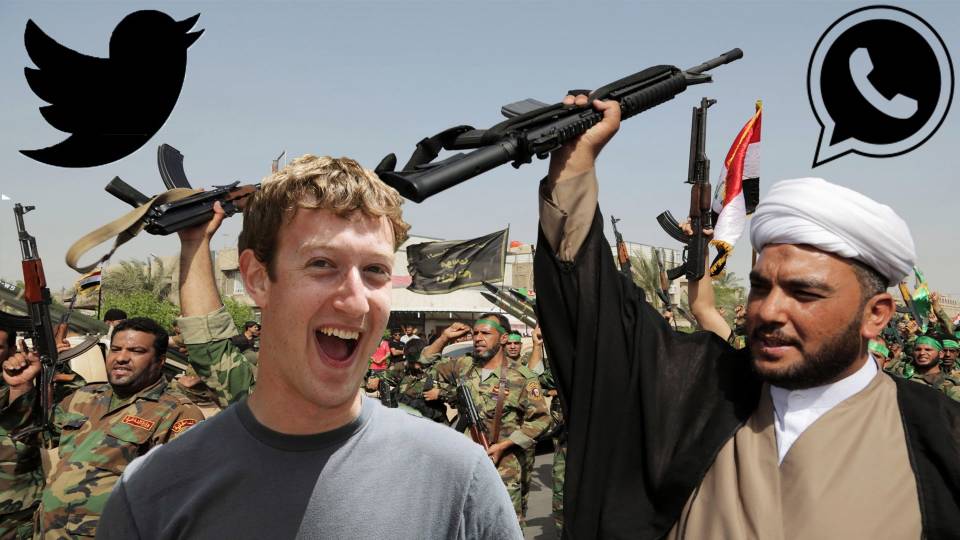Fealty and Modern Terrorism
During his deadly attack on a packed Orlando nightclub where he killed 50 people and wounded many more, Omar Mateen called 911.
On the recorded call, he pledge his loyalty to ISIS.
A day later, a terrorist outside of Paris, used Facebook livestreaming to pledge his loyalty to ISIS while stabbing a police chief and his wife to death.
What's going on?
The answer is that these pledges aren't simply expressions of loyalty, they are expressions of fealty, a much more powerful means of connection.
Fealty is something we haven't seen since the middle ages. ISIS became capable of employing fealty once it rebuilt a barebones Caliphate and it is using it to transform modern terrorism.
To understand this, let's dig into fealty a bit.
- Fealty is a strict, lifelong pledge of loyalty from a vassal to a lord. It's public and irreversible. (If you watch Game of Thrones, it's why everyone hates the Kingslayer, even if he was justified in his actions)
- Fealty obligates the vassal to act in the service of the lord, without any need for specific direction. It also gives the protection of the lord to the vassal (in a religious context, salvation and redemption).
- Fealty made it possible to build large, geographically segmented networks in a world without instant communications and rapid travel.
Fealty allows ISIS to get around some of problems of modern open source insurgency. For example:
- A potential terrorist shouldn't express fealty until the attack. Benefit: This prevents discovery during the grooming process.
- A public expression of fealty (FB, Twitter..) provides them with instant acceptance by the "lord" Benefit: this provides them spiritual protection for the attack and maximizes the publicity for ISIS
- A Jihadi, or their local network, shouldn't ask for permission, planning, or support. They should act on their own. The attack itself is a demonstration of loyalty. Benefit: this reduces chances of discovery and maximizes the innovative potential of the global network.
The more I think about it, fealty is an extremely useful way of harnessing and directing the power of an open source insurgency (aka, herding cats).
Online Fealty
The ISIS Caliphate is using online fealty as a way to recruit jihadis around the world. It's a powerful recasting of an ancient concept that goes well beyond modern expressions of loyalty.
The way ISIS has constructed its brand of online fealty makes it globally scalable. The only barriers to entry are: conduct an attack and publicly pledge fealty. The most common platforms for a public pledge? Social media, 911, etc.
For example, when Omar Mateen pledged fealty to ISIS during his deadly attack, it provided him with the following:
- It instantly gave him permission to conduct an attack in the name of ISIS.
- It instantly accepted him into the ranks of ISIS as a proven holy warrior.
- It cleansed his previous sins (particularly his conflict over his sexual orientation).
This recasting of fealty is interesting within the context of open source insurgency because it might provide ISIS with a way to construct a globally scalable, segmented network of terror.
That's a very new innovation.






















